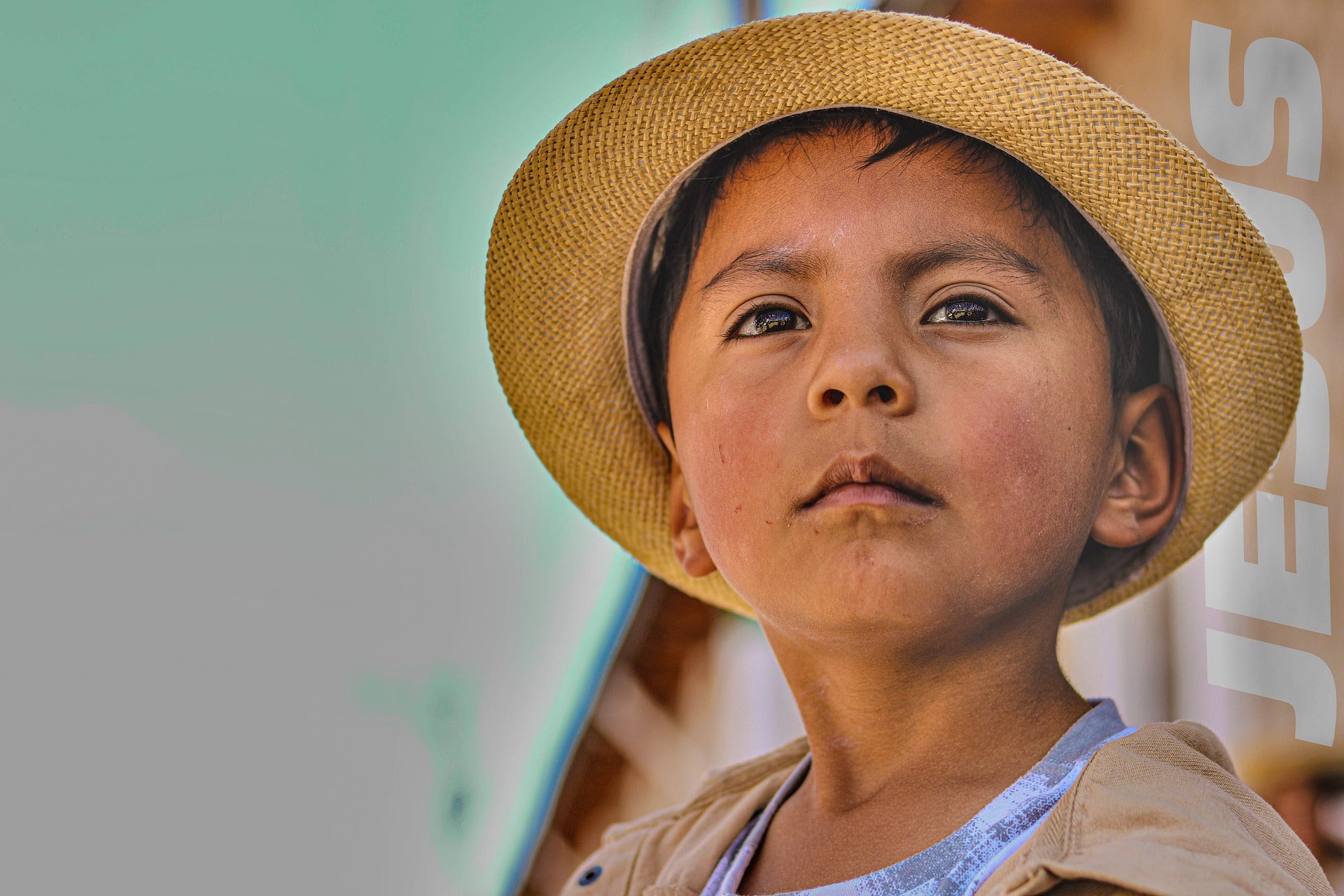Countries continue to invest in low-carbon and climate-resilient development, reducing the probability of new environmental and social crises emerging in the foreseeable future. The IDB continues to use concessional finance and technical assistance to ramp up climate action and support Latin America and the Caribbean (LAC) countries facing the climate crisis. The LAC region benefits from accessing donor resources to address climate change’s challenges in their economies, finding ways to increase ambition, and searching for solutions to tackle climate change.
According to an IDB publication: “during the past ten years, IDB Group’s programs and projects have channeled US$1.1 billion of concessional resources. It has been complemented with US$1.8 billion of IDB Group’s investment and an additional US$3.78 billion from other sources, totaling over US$6.7 billion.” These range from technical cooperations and operations on renewable energy and energy efficiency projects to forest conservation, transportation and cities, and climate resilience practices.
One particular fund is transforming how IDB member countries identify, plan, design, and manage climate-resilient and sustainable investments in infrastructure, agriculture, and land-use management. Here is the story of the NDC Pipeline Accelerator Multi-Donor Trust Fund (ACL).
ACL in a nutshell
The ACL was established in 2017 and is the most important fund to provide support to countries in the region with early-stage technical assistance for low-carbon and climate-resilient projects by mobilizing public and private investments aligned with sustainable development objectives (SDGs) and nationally determined contributions (NDCs) to the Paris Agreement. Gender and diversity are at the core of the Fund and go hand in hand with climate considerations and action. The ACL is the IDB’s most critical instrument for financing climate action with public and private sector actors and crowding in additional sources of capital. Fund resources enable LAC citizens to reduce their vulnerability to climate change and live in more resilient cities.
Since its launch, the upstream work and multisectoral approach of the ACL has been extremely successful. To date, the ACL has received $25million from donors, including the Nordic Development Fund (NDF), the Netherlands’ Ministry of Foreign Trade and Development Cooperation, the Swedish Ministry of Foreign Affairs, the Austrian Federal Ministry of Finance, and most recently the Ministry of Foreign Affairs of Finland. The ACL has committed resources for 47 technical cooperation projects for US$31 million. Since its inception, for every dollar invested in the ACL, US$125 of resources have been mobilized, and US$874 billion of markets have been unlocked by 2022.
ACL in Action: E-Mobility, Blue Economy, and Green Bonds
Our projects in the region range from helping a debt for nature swap in Barbados to support the creation of the first regional fund for Electric Mobility and Green Hydrogen in LAC. Let’s dig into three outstanding projects.
- Advancing the electromobility revolution: the market share of electric vehicles is increasing exponentially. Technology and practices are evolving very favorably and rapidly. For instance, the price of batteries has declined significantly over the past few decades, car manufacturers are now marketing EVs effectively, and the adoption of electric vehicles is surging. The ACL’s role was critical in setting the basis for scaling up electromobility in the region. It provided key support to develop the country’s specific business models, knowledge, and capacity building for public and private actors; assessments of institutional and operational barriers; and develop a job market for the clean technology sector, including women drivers. This helped in the creation of the first regional fund to promote electric mobility and green hydrogen in LAC and mobilized $200 million of concessional funds from the Green Climate Fund benefiting countries such as Barbados, Chile, Colombia, Costa Rica, the Dominican Republic, Jamaica, Panama, Paraguay, and Uruguay.
- Green bonds are a great opportunity to channel domestic and international capital markets. Sovereign Thematic Bonds have emerged as an exciting opportunity for LAC countries to efficiently channel domestic and international capital markets toward sustainable investments. Since 2018, the ACL has expanded the Regional Green Bonds Program, which resulted in new issuers and new sustainable mechanisms to promote green finance. The program provides the necessary technical assistance to identify national and subnational budget expenditures that could be eligible for green and sustainability bonds, promoting inter-ministerial dialogues to prioritize assets, allocate proceeds and ensure bond alignment with countries’ commitments under their NDC and SDG. For instance, the ACL has helped sovereign issuers to identify green and social expenditures in their budgets, create governance mechanisms to develop and manage sovereign sustainable programs and then support treasurers in the preparation of framework documents, in obtaining second-party opinions and certifications, and in issuing the bonds on international and domestic markers. These efforts have resulted in more than US$30 billion issued across green, social, and sustainability bonds.
- Supporting innovative financing schemes to support nature swaps in Barbados. In Barbados, a debt for nature conversion (blue bond) will help the country protect the marine space and foster the blue economy focus while enhancing the country’s resilience. This transaction was supported by a US$ 100 million policy-based guarantee of the IDB and the nature conservancy (us$ 50 million). This unique deal also included a hurricane and pandemic clause, allowing a better understanding of the country’s context. The savings allowed for around US$ 50 million that were allocated to the “Barbados Environmental Sustainability Fund” (BESF) for sustainability actions and the designation of 30% marine protected areas. Barbados has a long-term sustainable development vision, “Roofs to Reefs Programme” #R2RP, that guides the mainstreaming of resilience in different sectors and guides sustainable investments. The ACL financed a technical cooperation to support the Government in their role as BESF Board members, advise in the operationalization of the BESF, and, most importantly will, finance human capital and assessment that will be required under the Marine Spatial Planning process, a key milestone of the Debt for Nature Transaction.
The ACL will continue transforming climate action into measurable results in Latin America and the Caribbean. The IDB is grateful for the contributions of The Nordic Development Fund (NDF), Netherlands, Sweden, Austria, and Finland.


Leave a Reply